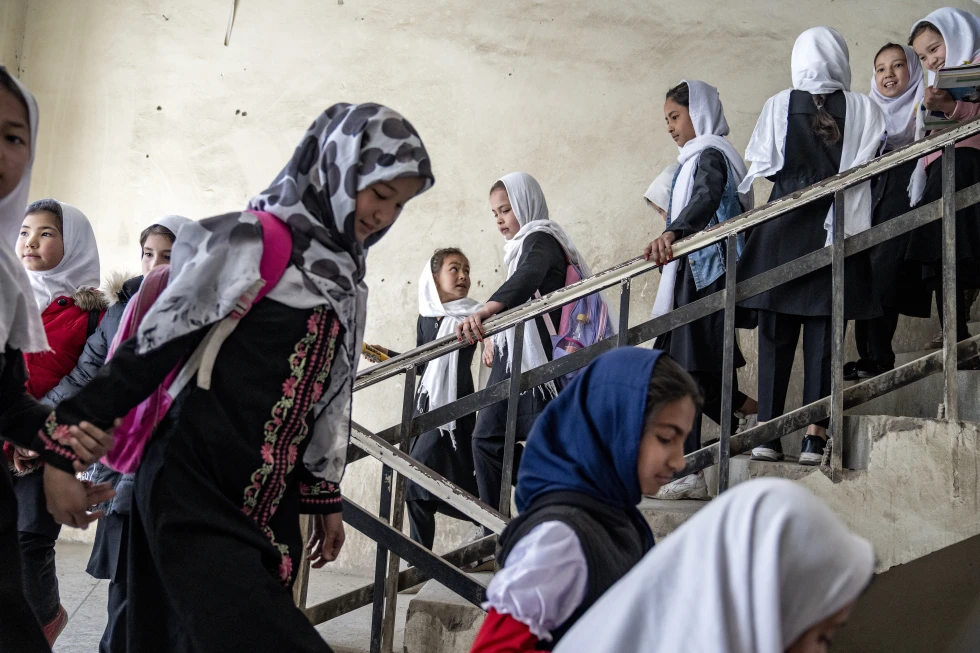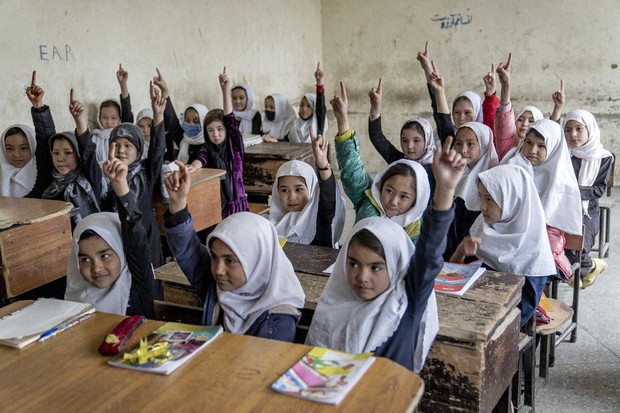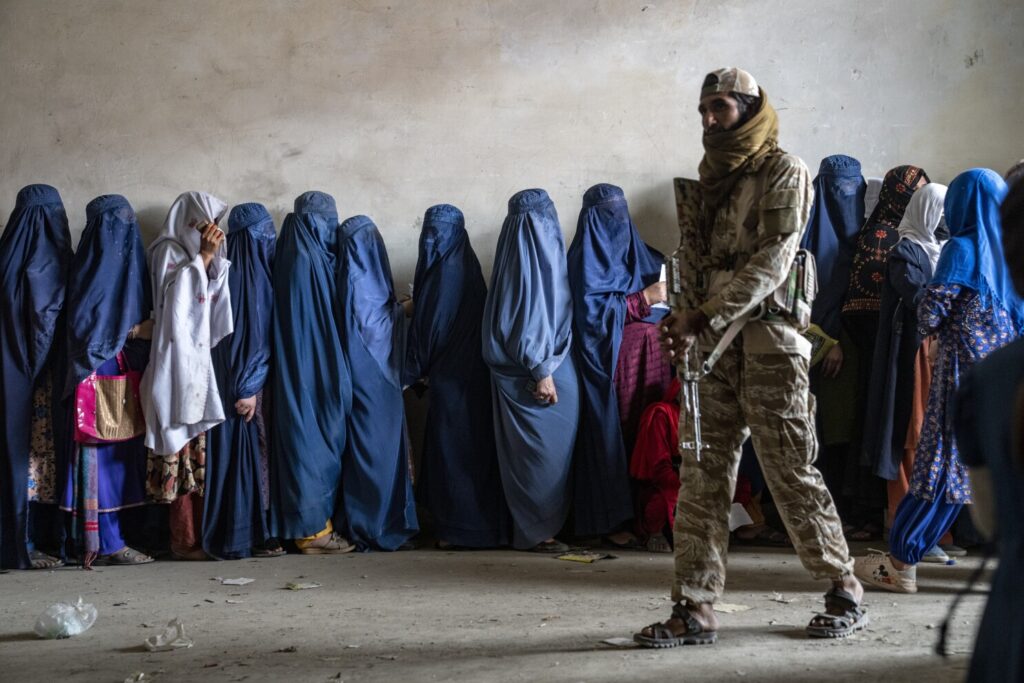A senior Taliban official has publicly called on the group’s leader to lift bans on education for Afghan women and girls, saying there is no justification for the restrictions.

Sher Abbas Stanikzai, the political deputy at the Foreign Ministry, made the remarks on Saturday during a speech at a religious school ceremony in southeastern Khost province.
“There is no reason to deny education to women and girls, just as there was no justification for it in the past and there shouldn’t be one at all,” Stanikzai said, according to a video shared on his official account on the platform X.
Since regaining control of Afghanistan in August 2021, the Taliban has barred girls from attending school beyond sixth grade and has banned women from university education. Reports in September 2023 indicated that medical training for women was also halted, though authorities have not confirmed the restriction.

In Afghanistan, where women and girls can only be treated by female medical professionals, the reported medical training ban could further strain healthcare access for women.
“We call on the leadership again to open the doors of education,” Stanikzai said, adding that depriving women and girls of education violates Islamic principles. “This is not in Islamic law, but our personal choice or nature,” he said, describing the policy as an injustice against half the population.
Stanikzai, who previously led the Taliban delegation in talks that facilitated the withdrawal of foreign troops from Afghanistan, has criticized the education ban in the past. However, his latest comments mark the first time he has directly appealed to Taliban leader Hibatullah Akhundzada for a policy change.
Analysts say this move signals growing internal dissent. Ibraheem Bahiss, a South Asia analyst with Crisis Group, noted that Stanikzai’s statement questions the legitimacy of the current policy. “This latest statement seems to go further, as he is publicly calling for a change in policy,” Bahiss said.

The Taliban’s education bans have drawn widespread international condemnation and jeopardized the group’s chances of gaining formal recognition. The United Nations has stated that recognition is nearly impossible while restrictions on female education, employment, and public mobility remain in place.
In Islamabad earlier this month, Nobel Peace Prize laureate Malala Yousafzai urged Muslim leaders to hold the Taliban accountable for denying education to women and girls. Speaking at a conference hosted by the Organization of Islamic Cooperation and the Muslim World League, Yousafzai called for unified action against the Taliban’s policies.
Despite the lack of formal recognition, some countries have been developing ties with the Taliban-led government. Russia has been building diplomatic relationships, and India’s recent meeting between top diplomat Vikram Mistri and Taliban Foreign Minister Amir Khan Muttaqi in Dubai signaled growing cooperation.



